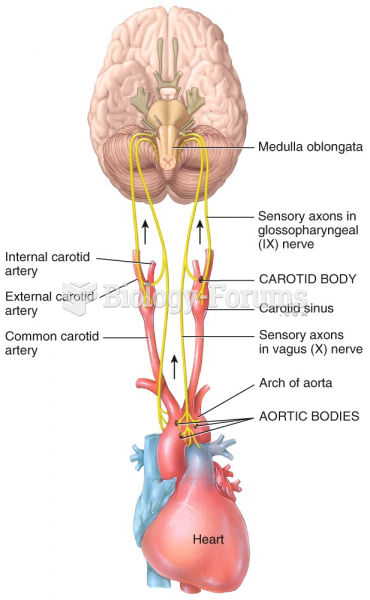Answer to Question 1
One method looks for a magic bullet that will eradicate or greatly lessen the numbers of the pest organism. This philosophy relies on chemical control of pest populations. The other major method used to control agricultural pests is ecological pest management. This method focuses on the pest's life cycle and its ecological relationships. Building soil and maintaining a diverse ecosystem are integral to this technique. Ecological pest management uses agents that are highly specific for the pest species being fought, or they manipulate one or more aspects of the ecosystem.
Integrated pest management begins with sustainable ecosystem management but, as a last resort, will use chemical pest management techniques. A farmer who has not used ecosystem-sustaining farming methods has not practiced ecological pest management or integrated pest management, even if he/she has not used pesticides during a growing season.
Answer to Question 2
There are at least four reasons for controversies in science. First, we are continually confronted by new observation . . . and it takes some time before all the hypotheses regarding the cause of what we have observed can be adequately tested. During this time, there may be honest disagreement as to which hypothesis is most likely. Such controversies are gradually settled by further observations and testing. . . . Second, we are looking at complex phenomena that do not lend themselves to simple tests of experiments. . . . Gradually, different lines of evidence come to support one hypothesis and exclude another, enabling the issue to be resolved. Third, there are many vested interests which wish to maintain and promote disagreement because they stand to profit by doing so. Last, subjective value judgments may be involved.
Sound science has the scientific method behind it. Assumptions and hypotheses have been tested over and over and over, and papers have been reviewed by peers before being published. Historic sciences such as astronomy and geology have many careful observations and measurements that are repeated over and over. Junk science does not conform to the rigors of science. It picks only the observations or results that prove its point. The material may be published but not in recognized peer-reviewed journals.







